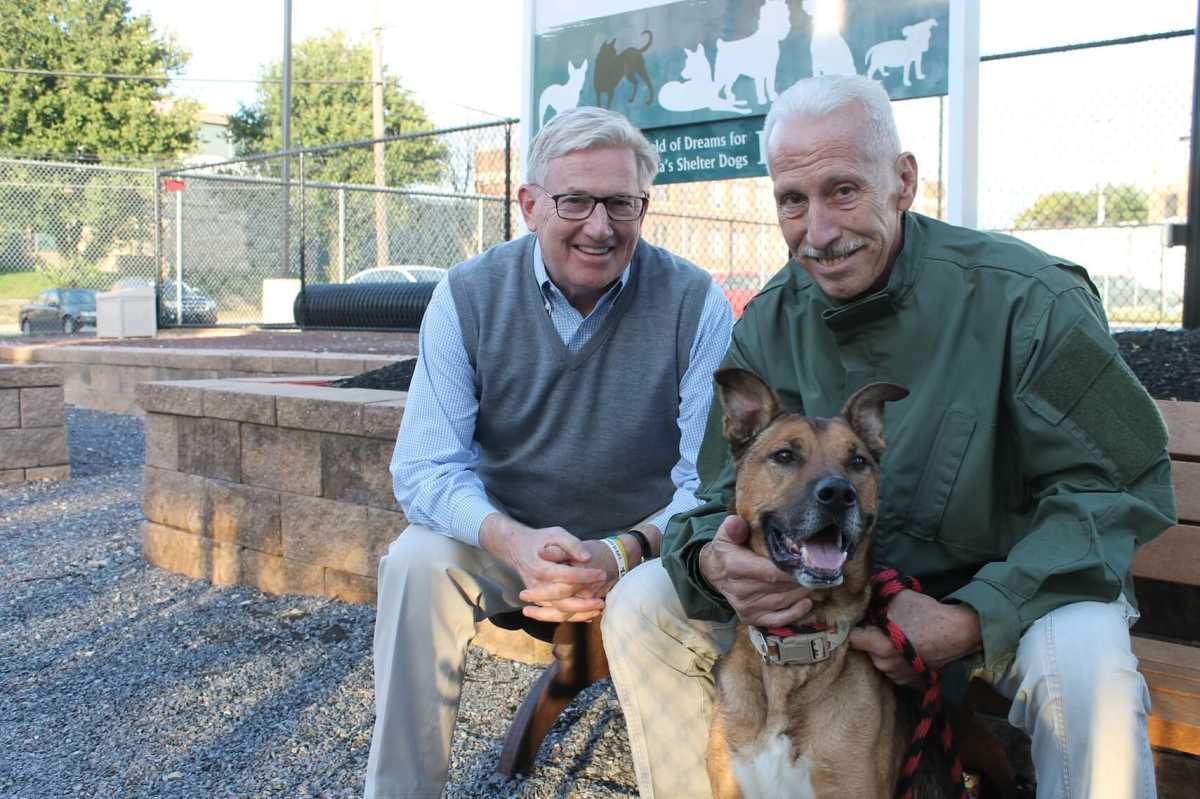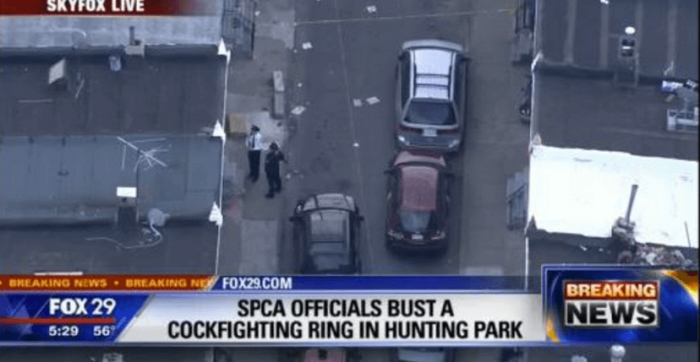George Bengal, director of Humane Law Enforcement at the Pennsylvania Society for the Prevention of Cruelty to Animals, has a dying wish.Literally.
Bengal, who was recently diagnosed with terminal cancer, says his most urgent wish is that the PSPCA be allowed to continue what he called “his life’s passion” – protecting innocent animals from the cruelty of man. “I don’t have that much longer, but as long as I can function and I’m not totally bed-ridden, I want to work,” he said. “This job has been my life and my life’s passion.
“When people see the name Pennsylvania SPCA, they associate that with the Pennsylvania government,” he said. “A lot of people think we get money from the state, the city. That’s the farthest thing from the truth … Humane law enforcement is all funded by donations.” Aside from spending time with his wife and two daughters Bengal, 69, is trying to drum up more support for the PSPCA. His colleagues have even starteda fund in his honor. RELATED:Protecting the innocent:How PSPCA’s humane officers care for furry Philadelphians, one day at a time Last Thursday, fellow staff members held an emotional ceremony to thank Bengal for his years of service at the PSPCA’s Erie Avenue headquarters, where roughly 50 percent of the agency’s annual $10 million budget go toward law enforcement costs, which include medical care, housing, food, insurance and rehabilitation. “It’s tough,” said PSPCA CEO Jerry Buckley. “We’ve always known that George was courageous when it came to work. We’re also seeing how courageous he is when it comes to facing his own death. … There’s no question that we’re all very sad. The event that we had on Thursday was kind of the ultimate bittersweet, we were so proud of him, and at the same time so sad.” Bengal was diagnosed in February with Stage IV peritoneal mesothelioma, which means he likely has from just months to less than a year to live.
Bengal started his career in law enforcement 40 years ago with the Philadelphia Police Department. His last assignment was in the bomb squad K-9 unit. He took his dog with him when he retired and joined the PSPCA 22 years ago. About a decade ago, he became director of Humane Law Enforcement, which has about 13 Humane Law Enforcement officers on staff. “My main concern with the disease I have is that this work is carried on,” Bengal said. “We have more than capable people ready to step up and take my place. But we need the public support to do it. … If we were to go away, I don’t know who would do this.” Bengal has already had to watch the PSPCA reduce the reach of its Humane Law Enforcement operations on his watch from the entire state to a more circumscribed area due to funding woes. In recent years, they’ve turned over shelters in parts of Western Pa. to local nonprofits. RELATED:Holmesburg animal hoarder pleads guilty: PSPCA “We basically left a huge void,” Bengal said. “If we’re not out there doing it, there is a problem, because it falls back on local law enforcement or state police. They’re empowered to do it, but they’re not trained for it. They have no place to house the animals. If you make a drug bust, you just put the drugs on a shelf and you’re ready to go to court.” Recalling a massive dog-fighting ring bust by the PSPCA, which was documented in an episode of the National Geographic channel’s “Philly Undercover,” Bengal mentions that the case netted hundreds of thousands of dollars in illegal winnings and two dozen arrests, while city cops seized drugs and guns. But it’s clear that nothing makes him prouder than the animals they saved that day. “Based on that one fight … we got five search warrants in 48 hours and took down five other locations where we got 40 more fighting dogs,” he said. “And all 40 of those dogs were adopted. We didn’t lose one. They were all re-homed.”





























